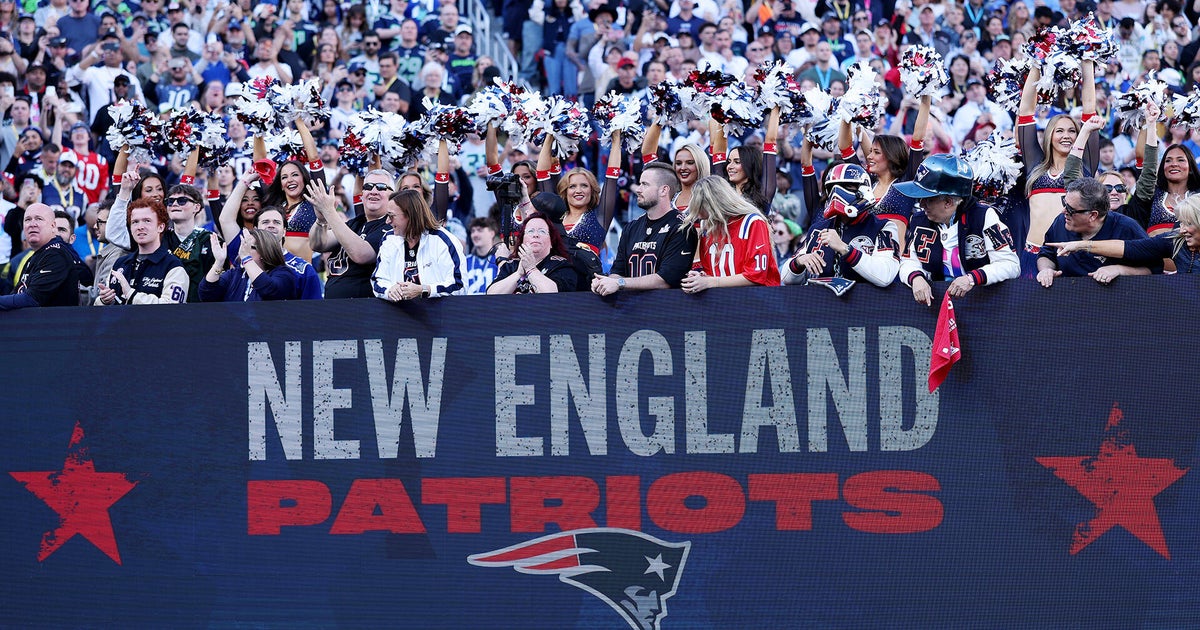Keidel: Curt Schilling's Dark Descent
A Google search spawned a haunting title from the The Washington Post:
'The Radicalization of Curt Schilling.'
It seems Schilling's public and dark descent into unemployment and disgrace -- which ended with ESPN firing him this week -- started with a semantic atrocity in 2004. He endorsed George W. Bush for president.
I expected a monologue of caveman contours -- a profane, racist, xenophobic, rant. So I looked for the crime. It seems this endorsement turned Schilling into something worse than a bigot. He was branded a "conservative loudmouth" who, clearly, had to be stopped before he did something he couldn't reverse.
So with a bloody sock preamble, the Post lamented that his athletic heroism turned into vocational suicide. It was death by Red State.
Forget your political leanings and sensibilities for a moment. We can all agree on a few things...
- Curt Schilling should learn to keep his mouth closed.
- We live in a PC cauldron that burns select views.
- Those who preach diversity and tolerance often harbor very little of it in themselves.
The Post's logic was that Schilling "infuriated half the country" with that assertion 12 years ago. That is a non-sequitur, as anytime anyone endorses a presidential candidate will infuriate a large segment of our population. So it's always instructive to consider the critic as much as the criticized. (Would the Post have vaporized Schilling had he declared his love for John Kerry?)
If Schilling had expressed left-leaning views, the other side of the aisle would be on the attack. That's why it's always prudent to think less is more when it comes to hot-button topics.
Maybe Schilling is a blowhard who blew too hard one too many times. Maybe he's a jerk. Maybe this moment was inevitable. Maybe he has a masochistic streak that will forever keep him on the corroding edge of unemployment.
Schilling indeed made a bold statement and tweeted a distasteful picture. You can decide if that was a fireable offense. Call them both boneheaded, if you like.
But that's the danger of political correctness. It imbues people with power, people in one arena holding a sword over people in other arenas. At what point is it too much? How can anyone be trusted with that kind of crossover authority?
Those of us older than a Millennial remember a time when you could crack a joke south of good taste, and brazenly touch any part of our melting pot. But can you imagine Eddie Murphy's comedy today?
Now we are so coldly partitioned by race, class and sexual preference that we don't dare swerve outside our cultural lanes. In an age when we're allegedly more enlightened than ever, we live in fear that expressing a sincere view will get us fired and flogged.
But still, Schilling forgot something vital. Even if he's a pseudo-victim of our super-sensitive times, he represented more than himself. He represented a brand -- ESPN -- which, for better or worse, is as much a PC emblem as the Mickey Mouse ears of its parent company.
One reason I don't take to Twitter or Facebook or climb out on any dangling branch of social media is I represent my company's brand, even on my time, talking to my friends. The wrong word snakes its way up the ladder, and I'm gone.
In the six years I've been lucky enough to write for CBS, I've been baited, taunted and haunted by political provocateurs. When they get perilously close to pushing my buttons, I move on. There's no issue worth losing your job, unless you've decided your job means less than expressing a view that changes no minds.
Political discourse is the worst kind of arena because it's little more than an echo chamber. We tend to talk only with those who agree with us, and hence we learn nothing. And when we dare walk into a hostile room with our views, we're insulted back out the door.
Schilling entered the public arena as a pitcher, not a pitchman for his political ideology. So who cares about his views on transgender legislation? Schilling fell so deeply in love with his stardom that he felt inoculated from the meat-hook realities of modern media. So, if you get paid to play, talk or write sports, stick to what you know.
Surely Schilling understands this. He isn't stupid, so one can only assume he lacks impulse control. Or maybe he just doesn't care. As a Yankees fan, perhaps I should revel in his vocational demise. It only took 10 years to get over blowing that 3-0 lead in the ALCS.
But there's nothing funny, informative or enlightening about Curt Schilling getting fired from a job he may very well need. There are myriad reports of the millions he hemorrhaged while starting a software company that made video games. It seems he poured his life savings into that company, and the cash just poured out the other end.
I guess if you don't like Schilling's views then perhaps you enjoy his place in the cold. But there's something perilous about rooting for someone to lose their job, as you could be in that same spot someday. It's easier to get there than you think.
Jason writes a weekly column for CBS Local Sports. He is a native New Yorker, sans the elitist sensibilities, and believes there's a world west of the Hudson River. A Yankees devotee and Steelers groupie, he has been scouring the forest of fertile NYC sports sections since the 1970s. He has written over 500 columns for WFAN/CBS NY, and also worked as a freelance writer for Sports Illustrated and Newsday subsidiary amNew York. He made his bones as a boxing writer, occasionally covering fights in Las Vegas, Atlantic City, but mostly inside Madison Square Garden. Follow him on Twitter @JasonKeidel.







